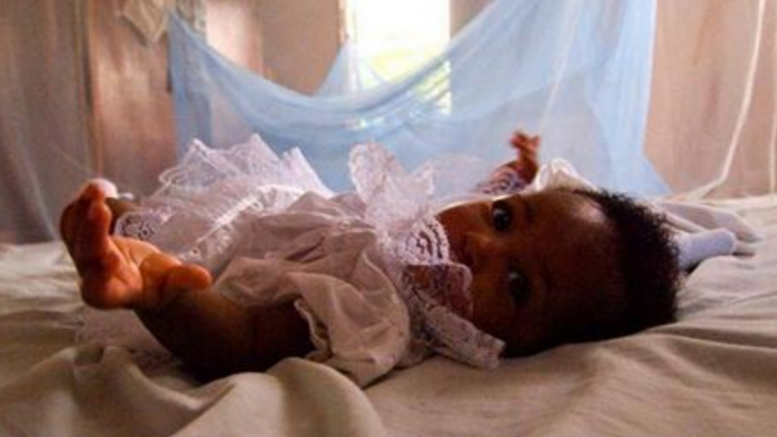Vaccines are pitched as being an illness preventer. However, a study from almost one year ago might determine an exactly opposite fate by those children who are given a vaccine.
The study, printed in the New England Journal of Medicine, found that when children received three doses of the malaria vaccine, it created a “negative efficacy.” Kids who received three doses of the vaccine actually contracted malaria MORE OFTEN than kids who didn’t.
Over 7 years of follow-up, we identified 1002 episodes of clinical malaria among 223 children randomly assigned to the RTS,S/AS01 group and 992 episodes among 224 children randomly assigned to the control group. The vaccine efficacy, as assessed by negative binomial regression, was 4.4% (95% confidence interval [CI], ?17.0 to 21.9; P=0.66) in the intention-to-treat analysis and 7.0% (95% CI, ?14.5 to 24.6; P=0.52) in the per-protocol analysis. Vaccine efficacy waned over time (P=0.006 for the interaction between vaccination and time), including negative efficacy during the fifth year among children with higher-than-average exposure to malaria parasites (intention-to-treat analysis: ?43.5%; 95% CI, ?100.3 to ?2.8 [P=0.03]; per-protocol analysis: ?56.8%; 95% CI, ?118.7 to ?12.3 [P=0.008]).
Conclusions
A three-dose vaccination with RTS,S/AS01 was initially protective against clinical malaria, but this result was offset by rebound in later years in areas with higher-than-average exposure to malaria parasites. (Funded by the PATH Malaria Vaccine Initiative and others; ClinicalTrials.gov number, NCT00872963.)
The sadder narrative is that these children were given over to pharmaceutical companies to be used as drug experiment subjects. Were these parents aware?
The Bill and Melinda Gates machine churns away, treating our children as if they were nothing more than hamsters.


Be the first to comment on "Vaccination May Make Children MORE Likely To Contract The Illness"